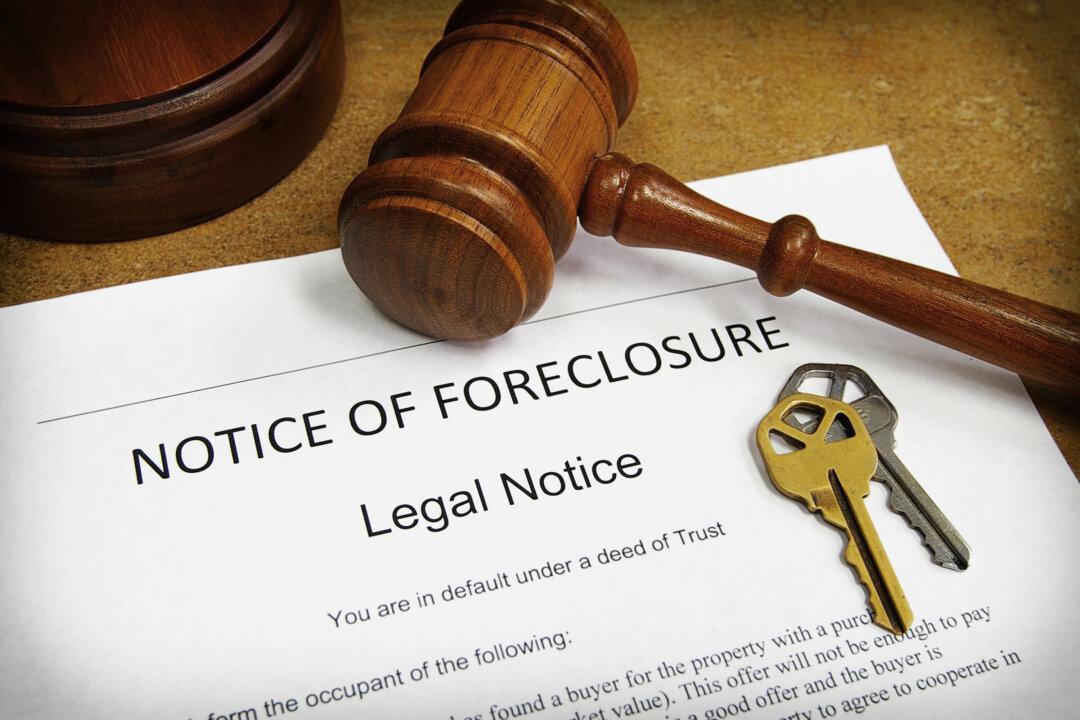In 2023, foreclosures were up 10 percent from 2022 and 136 percent from 2021. According to the U.S. Foreclosure Market report, the 2023 foreclosures filings were 357,062. This triggered a significant credit hit for many people.
Foreclosure can be heart-wrenching. It destroys lives emotionally and financially. But how bad and how long does a foreclosure hurt a credit score? What are your options?






